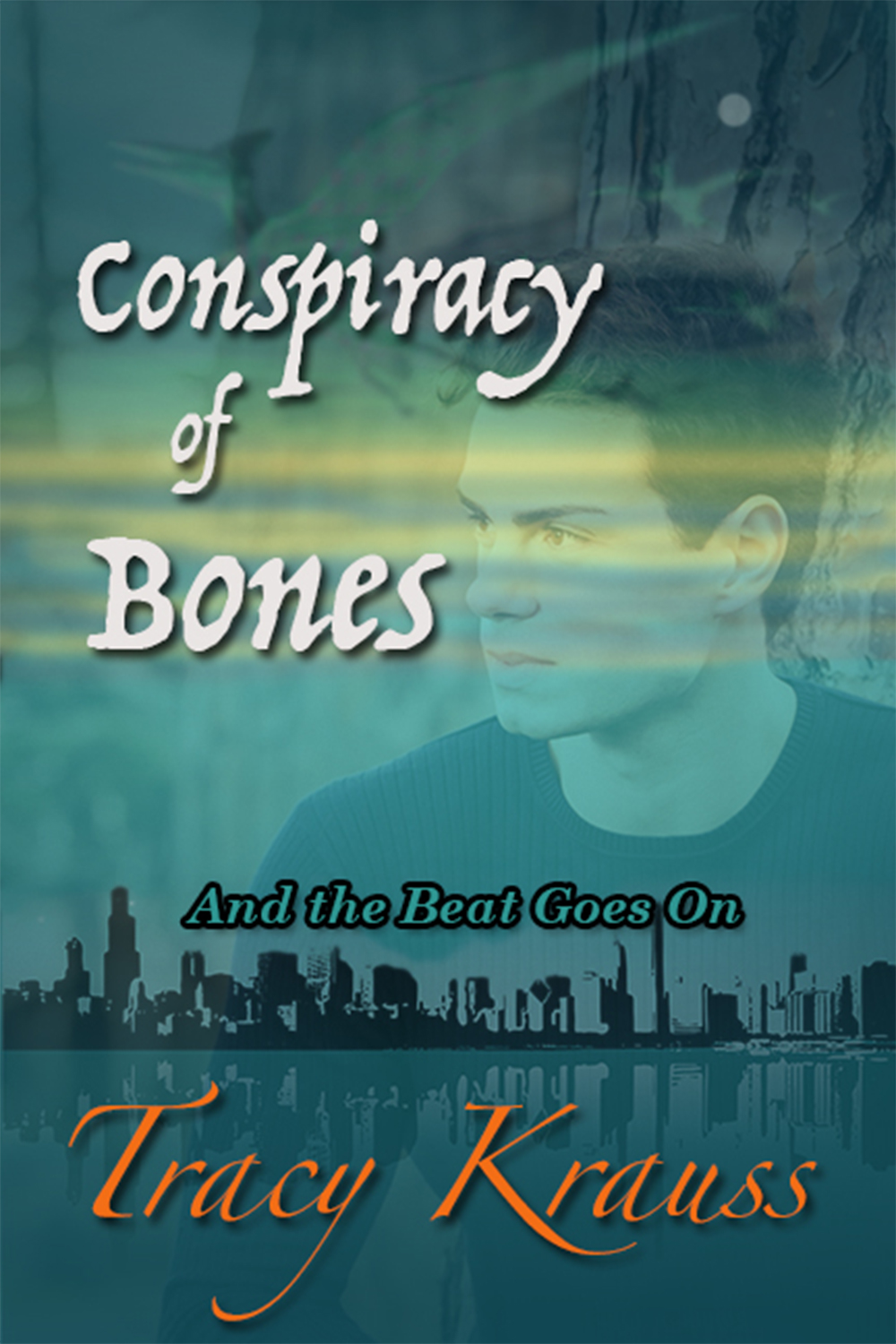Knowing your target audience should be uppermost in every writer’s mind. This is just as vital for fiction authors as for writers of non-fiction, yet many fiction writers naively think their books will appeal to everyone. While it is wonderful to want to evangelize, the reality is that most non-Christians just aren’t picking up Christian fiction. To further narrow the field, not all Christian fiction is created equal. Let me explain.
One of the major problems is that the audience and the author just aren’t speaking the same language. Many people within the Christian community don’t realize that they speak with idioms that are only understandable to others within their faith. (‘Christian-ese’ I like to call it.) Another issue is that the average Christian reader has an expectation about the content. Coarse language, sexuality, and violence are usually smoothed over so as not to offend. In contrast, secular fiction – along with its motion picture counterpart – is becoming more and more sexualized, violent, crude and shocking.
When a book is labeled ‘Christian’ the assumption is often made that it will be squeaky-clean. There will be no sex outside marriage, no violence, no language warnings… nothing to make anyone uncomfortable. Some readers argue that they don’t want to be surprised by these elements and if a book is labelled ‘Christian’, they have a certain expectation, kind of like a ‘G’ movie rating. I’m NOT saying there is anything wrong with this. Story is ‘king‘, (or queen) and if a book can’t stand up on its own without these elements, then it’s really not a very good book in the first place. Gratuitous violence, sex, or bad language won’t improve a bad story. End of story.
But there are readers who want something with a little more ‘grit’. Real life isn’t perfect. Bad people do bad things. Adding non-gratuitous ‘edgy’ elements to a book makes the story more believable and can have a huge impact on the message. For a few wonderful examples, check out the Bible. There are plenty of stories in there that are pretty graphic – no sugar coating added.
That there is a market for such books is a fact. The problem for authors of so called ‘edgy’ Christian fiction is that they have a harder time finding their audience. To avoid a backlash from readers who expect all books labelled ‘Christian’ to contain zero worldly elements, some authors avoid mentioning the ‘Christian’ part. This inevitably creates another set of problems when non-Christian readers get offended by ‘too much religion’.
My own experience with this dilemma is quite extensive. I try not to sugar coat my characters or their circumstances. I want my characters to sound like real people in their natural setting, and let’s face it. Life sucks sometimes. Of course, I have certain standards – I don’t write explicit sex scenes, grotesque violence, and I will never use the F-bomb or take the Lord’s name in vain.
Still, my characters might have sex outside of marriage, get caught up in violent situations, and may use the occasional mild curse. This last one seems to be the stickler for many Christians. One lady wrote me to say she had to stop reading when a character used the word “hell.” Interestingly, many other readers expressed the opposite opinion, saying the authenticity of the dialogue added to the believability of the story. It’s an anything but clear case of ‘you’re damned if you do and damned if you don’t.’ (I apologize to those who may be offended by the use of the word ‘damn’…)
Some Christian authors state that their goal is to evangelize, and therein lies another paradox. In all honesty, non-Christians just aren’t reading their books. Books written from a Christian worldview are being read by people who are already familiar with the gospel. When my second book
MY MOTHER THE MAN-EATER came out, I was asked at a library reading if I would prefer my book in the regular stacks or in the religious section. My immediate reply was in the regular stacks. A few months later I got an email from a reader who told me they didn’t like my book because it was too religious.
(By the way, amazon isn’t the only way authors get feedback…)
On the other hand, I have had more than one reader contact me to say that this same story impacted them on a deep level and they were sharing a copy with a friend. This kind of encouragement convinces me that my message has value. Even if I only affect a few people along the way, it’s worth it.
I am beginning to see that trying to be ‘all things to all people’ is not the best strategy. The debate actually comes down to one thing: AUDIENCE. I believe there is a niche – even a need – for fiction that isn’t squeaky-clean, but that tells an uncompromising yet compelling story from a Christian worldview. Perhaps the demographic is different from the stereotypic Christian reader. It may include people who were not raised in the church, who came to salvation through difficult circumstances, or who are of a more liberal mindset. If this is your audience, then write for them. They will thank you for it.
This article was originally published in the 2015 fall edition of ‘Fellowscript Magazine’.
